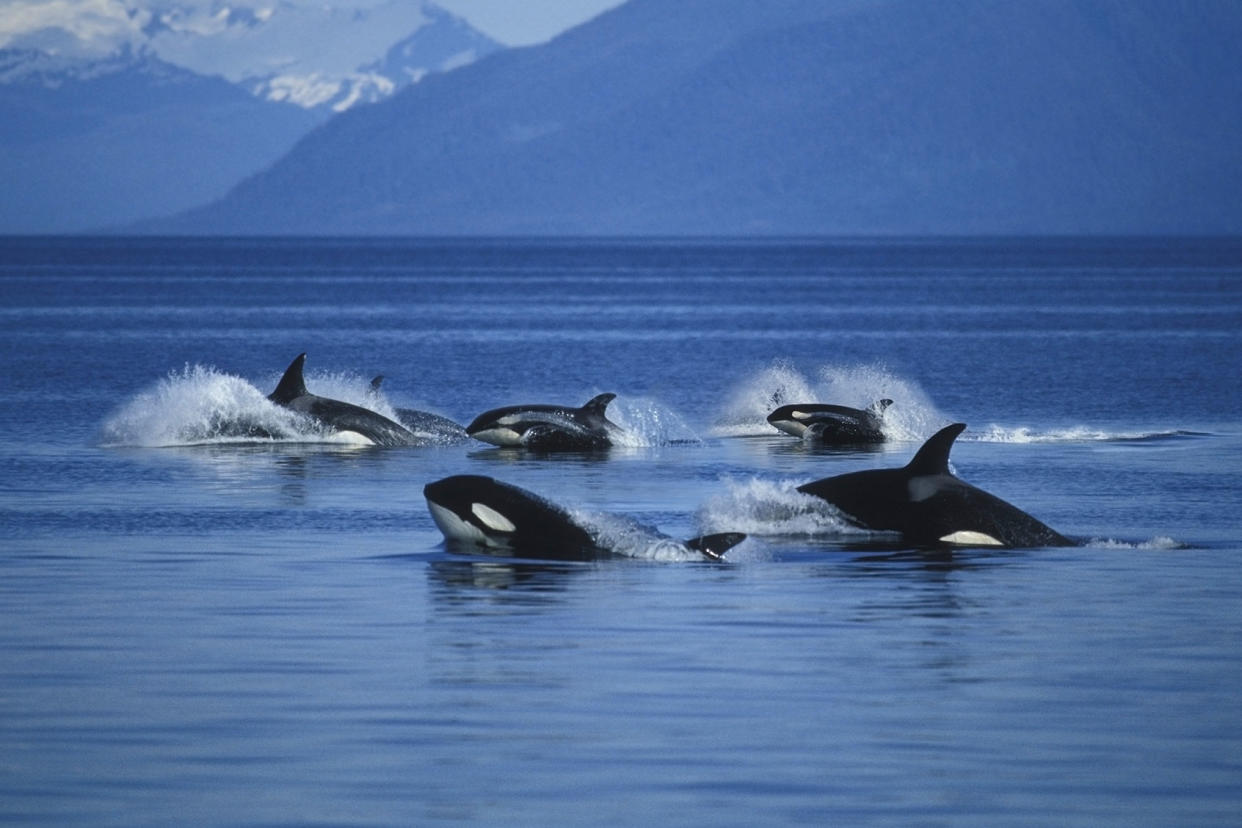Orcas sink another yacht off the Strait of Gibraltar

A pod of orcas sunk yet another boat, according to a recent report, this time a sailing yacht within Moroccan waters in the Strait of Gibraltar. Two people riding a 49-foot vessel known as Alboran Cognac were attacked by an unknown number of the cetaceans around 9 AM local time on Sunday.
It's the latest in a series of dozens of such incidents, including a yacht that was sunk last November after orcas, also known as killer whales, rammed the yacht's rudder. Although some scientists speculate the animals may be displaying "playful" and "copycat" behavior, the experience was certainly not enjoyable for the two humans from the recent incident, who reported feeling strikes to their hulls and rudders before water began leaking into the vessel. They were rescued by a nearby oil tanker that transported them to Gibraltar while their yacht was left to sink.
One popular theory for the attacks is that they were perpetrated by Gladis, a pod of about 15 orcas named after a killer whale (White Gladis) supposedly rammed to death by a boat. Gladis and other orca subpopulations have been documented targeting boats off the Atlantic coast of Portugal and north-western Spain since May 2020, and experts believe Gladdis may be behind this attack as well.
Although it is tempting to attribute the orcas' activities to revenge for climate change, underwater noise caused by ships or some conspiracy, animal behavior experts say that orcas possess complex cultures and enjoy sharing rituals with each other. If the orcas wanted to harm the humans on these boats, they could easily do so, but instead the behaviors involve interfering with the vessel's operations seemingly out of curiosity, or perhaps for enjoyment.
"This is a kind of cultural revolution," Lance Barrett-Lennard, PhD, senior research scientist at the Raincoast Conservation Foundation, told Salon in June. "In the short timespan, sometimes this kind of behavior, if it's directly related to food or some survival value, it may very well fade away fairly quickly. We'll see whether that happens or not."

